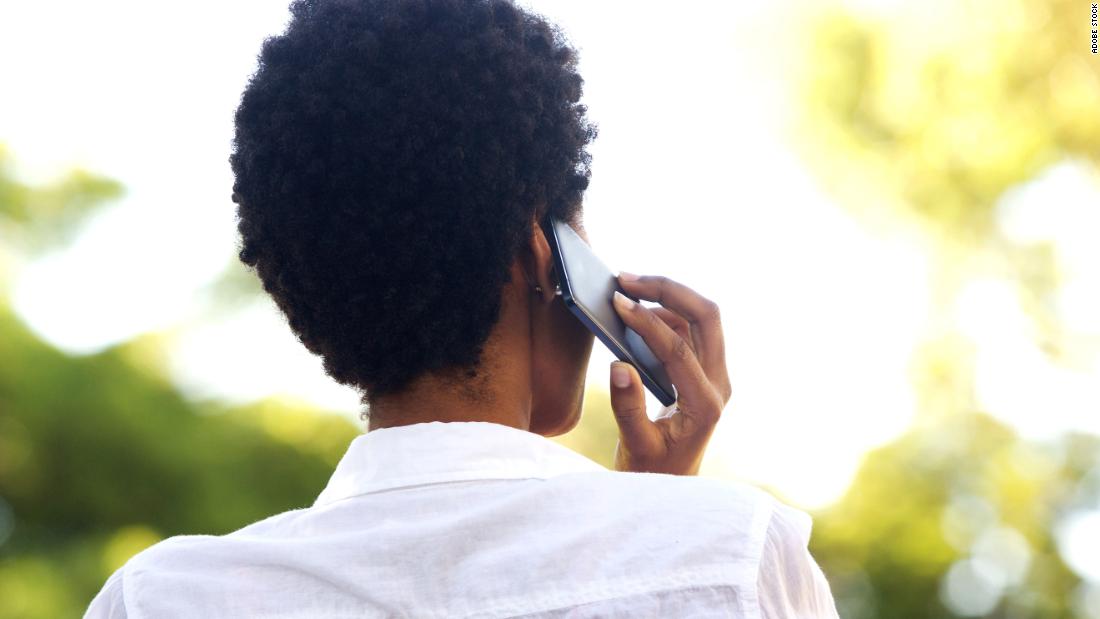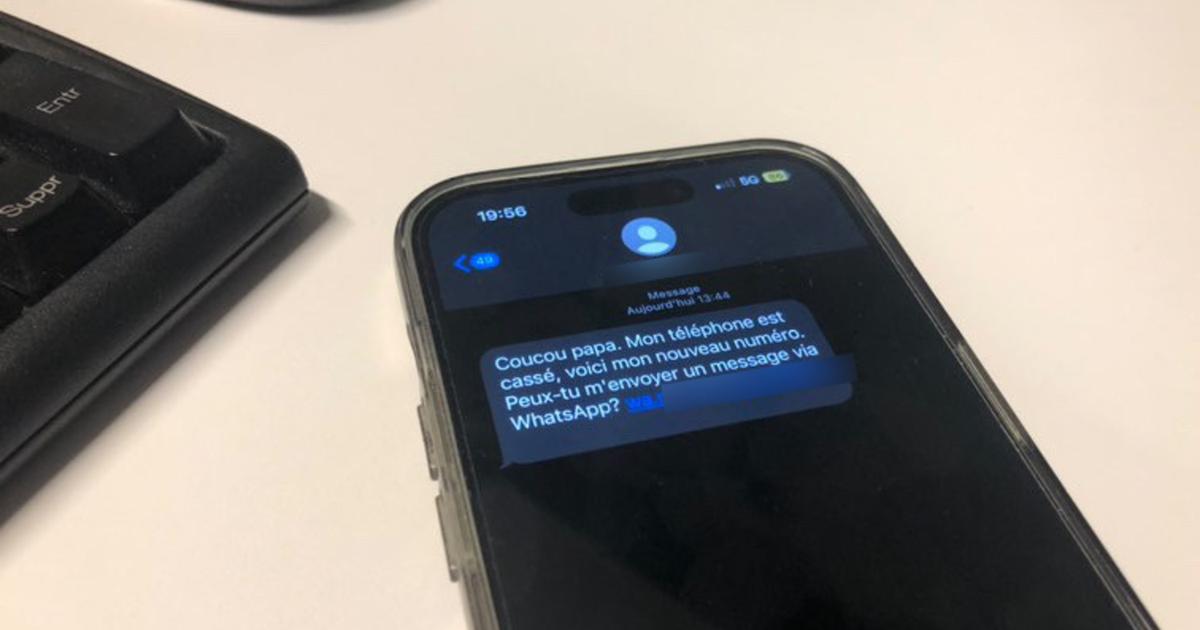"Millennials": the new mute generation, according to study 1:01
(CNN) -
When I was a teenager, my father and I had a deal.
He didn't know how to use the computer, so I ordered the things he wanted online.
I hated calling people on the phone, so he would call any organization that needed confirmation from a human voice for me.
Our technology deal is a testament to how much communication methods have changed in the last 25 years, as society relies less and less on talking on the phone.
This change has had a huge impact on something I think about a lot: polls.
Before, the surveys I wrote about were all conducted over the phone, with interviewers calling landlines.
That is no longer true.
Most Americans no longer have landlines.
As a millennial, I am one of those Americans who only have cell phones.
Only 50% of Latin American youth under 25 support democracy, according to a survey
Pollsters continue to call phones, but mostly call cell phones.
But even so, many Americans with cell phones don't answer when called.
As I explain in the last episode of my "Margins of Error" podcast, I don't like answering the phone.
In fact, unexpected calls make me nervous.
Turns out, I'm not the only one.
Young people like me are less likely to respond to those poll calls than older Americans, according to the Pew Research Center.
advertising
To compensate, pollsters should weigh young people who do respond.
In other words, the responses of the young people who participate in the survey count a little more because they initially constitute less of the sample than the general population.
It's not just millennials who don't take the call from pollsters. Response rates to surveys have also decreased significantly in the general population. This trend, coupled with the rise of cell phones, has made telephone surveys quite expensive as it takes a long time to complete an interview. (Unlike landlines, each mobile phone must be individually dialed by hand due to federal law.)
Of course, today's smartphones make a cell phone not just for making and receiving calls.
Most smartphones allow surveys to be conducted over the Internet, and most Americans own them, according to a survey conducted last year by The Washington Post and the University of Maryland.
The majority (53%) of elderly citizens have smartphones, so this is not a phenomenon exclusive to young people.
This is one of the big reasons why the number of pollsters conducting their surveys over the Internet has increased.
Although it is several years old, Internet surveys have increased enormously in the last decade.
Most have Internet components.
In fact, it is no longer clear that surveys conducted over the phone are more accurate than those conducted over the Internet.
ANALYSIS |
Another Bad News Poll for Democrats
Online surveys are good news for people who, like me, worry about politics, but have anxiety on the phone.
Some people have such a severe case of this anxiety that they have what is known as a "phone phobia."
In fact, there are coaches who teach people to talk on the phone and to overcome their fears.
On this week's podcast episode we'll be talking to someone who does exactly that.
We will also talk to my mother about my problems.
So if you're someone who has trouble talking on the phone or just want to hear my mom scolding me, you'll want to tune in.
Listen to the episodes of “Margins of Error” as soon as they are released. Find it on Apple Podcasts, Spotify, or your favorite podcast app.
Survey Telephone Call













